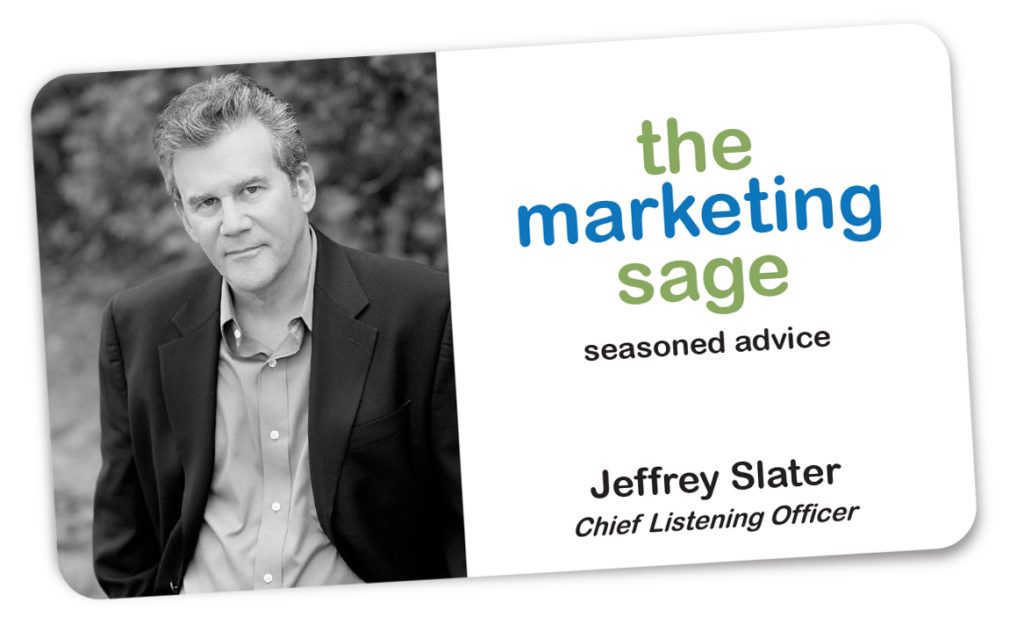According to Ryan Jones of Razorfish, there is a bevy of misinformation on whether your web host can make or break your SEO efforts. But the truth is that web hosting has minimal impact on your Search Engine Optimization implementation.
Nonetheless, there are five factors you need to consider when looking for a suitable web host.
Page Speed
Despite Google saying that page speed is an insignificant ranking factor, it is still a ranking factor. This means that if a website is slow, it is less likely to rank on the first page of search engine results.
However, page speed is not only a result of how your website is made. Your hosting provider’s bandwidth can also impact your website’s page speed.
As such, the plan you choose is imperative.
If you expect to drive in hundreds of thousands of visitors per day, shared hosting may not work. You would instead opt for dedicated hosting with large bandwidth.
Hosting Limitations
You might be surprised to know that some web hosts have weird limitations.
For example, there are hosting providers that do not allow users to access their .htaccess files. Some also limit their redirects to 1,000, when it is supposed to be unlimited.
Sure, these limitations do not directly impact your SEO. But it has the potential to do so, depending on what you want to do with your website.
That said, you should look for a web host that can handle the usual things you want to do on your site.
Server Location
Thanks to Content Delivery Networks (CDNs), hosting locations is not a big deal nowadays. That’s because CDNs make web content delivery closer to your site visitor’s location.
This means that if your server is in the US, your website will load just fine for a site visitor who lives in Australia. That’s because your host will send a copy of your website to a server close to that country.
Nonetheless, server location is essential for legal reasons. If your website is designed to criticize royalty, make sure not to host your website in his country. Otherwise, they can request your hosting provider to shut it down.
Uptime
A server uptime refers to the amount of time that a server is up and running. When a server is up, it means that your website is accessible. Otherwise, visitors will be unable to access your site.
When your website is offline, it can disrupt your user experience.
What happens is that sites visitors will hit the Back button and then pick another website to visit. When this happens often, it will signal search engine bots that your website is not usable. And this can lead to a drop in rankings.
That said, it is best to look for a web host that guarantees at least 99.5% uptime.
Content Management System
Web hosts allow you to install your preferred CMS, the most popular of which is WordPress. But regardless of what platform you choose, here are three ways your CMS can impact your SEO efforts:
- Its built-in optimization features can affect your content’s accessibility to search engine bots.
- The available SEO plugins allow you to expand your optimization tactics.
- Your CMS functionality can determine how much you can optimize your website.
However, we are only talking about traditional or monolithic CMS here. There is a case for Headless CMS and whether it affects your SEO efforts or not.
Is Headless CMS Bad for SEO?
What is headless CMS?
A headless content management system, or headless CMS, is a back-end-only content management system that acts primarily as a content repository. A headless CMS makes content accessible via an API for display on any device, without a built-in front-end or presentation layer.
There is a reason people think that Headless CMS is not SEO-friendly.
For one, such a platform does not have features that can help you with SEO. Second, you are not in control of how your web content is presented.
However, that does not necessarily mean that it is terrible for SEO. It only means that SEO is one of the many features you can have, depending on how you structure your website.
That said, you can still use a Headless CMS and make it SEO-friendly by doing the following:
- Ensuring that an XML sitemap exists
- Indexing every web page
- Adding structured data markup
- Optimizing your meta information
- Incorporating your target keywords in your content
- Practicing internal link building
It is vital to practice SEO if you want to establish your online presence.
Find a web host that can make optimization easy.
You can set up a time to chat with me about your marketing challenges using my calendar. Email me jeffslater@themarketingsage.com Call me. 919 720 0995. The conversation is free, and we can explore if working together makes sense. Watch a short video about working with me.





